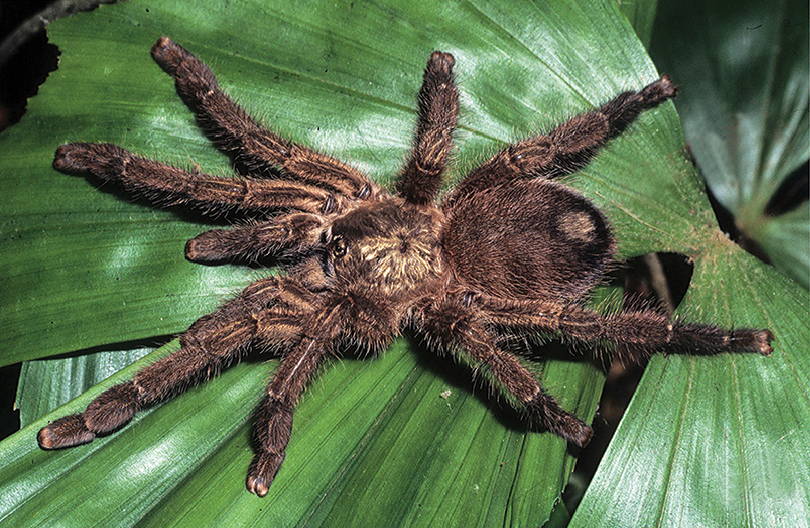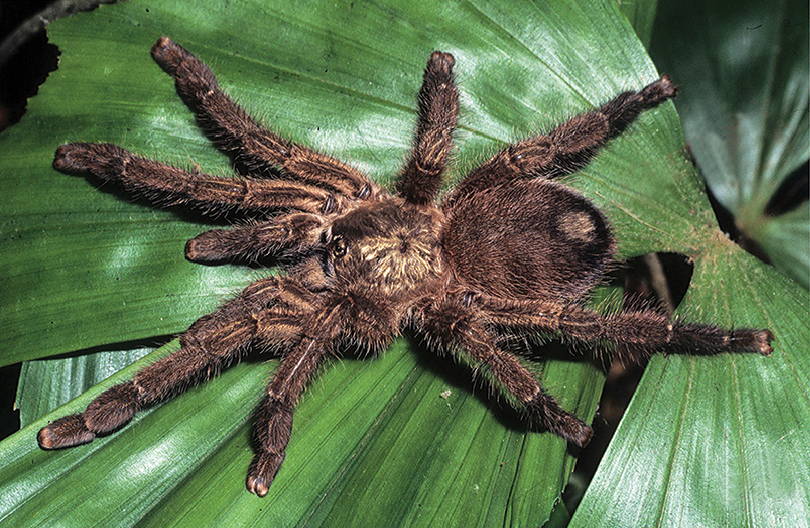Tarantuladen.co.za
Puerto Rican Pink Toe (Caribena laeta)
Puerto Rican Pink Toe (Caribena laeta)
Out of stock
Couldn't load pickup availability
A rare gem among arboreals, Caribena laeta is an elegant and often overlooked species from the Caribbean. With its soft coloration, fuzzy legs, and graceful climbing behavior, it makes a fantastic (and less common) alternative to its famous cousin Caribena versicolor.
Quick Facts
Common Name: Puerto Rican Pink Toe
Scientific Name: Caribena laeta
Origin: Puerto Rico, US Virgin Islands
Size: 4.5–5.5 inches (11–14 cm) leg span
Lifespan:
- Females: 10–12 years
- Males: ~2–3 years
Temperament: Skittish but not aggressive — fast and flighty
Coloration
Pale brown to greyish base with subtle pink/purple iridescence
Pinkish tarsi ("toes") — especially under bright light
Light fuzzy covering gives it a soft, pastel appearance
Juveniles are more vividly colored and lighten with age
Housing & Care
Enclosure Type: Arboreal — tall enclosure with vertical climbing space
Substrate: 2–3 inches of moist coco fiber
Humidity: 70–80% — mist lightly 1–2x/week
Temperature: 72–80°F (22–27°C)
Decor:
- Upright cork bark slab or vertical tube
- Fake plants, moss, and anchor points for webbing
- Water dish (essential)
Webs extensively if given anchor points — loves height and humidity.
Feeding
Diet: Crickets, roaches, mealworms
Feeding Schedule:
- Slings: 2–3x/week
- Juveniles: Weekly
- Adults: Every 10–14 days
Agile feeders — quick to strike but not overly aggressive
Why Keep One?
Rarely seen in the hobby — beautiful and unique species
Classic arboreal behavior with a more subtle, elegant look
Great webbers and climbers
Easier to care for than many Old World arboreals
Perfect for keepers looking to expand their Avic family collection
Notes
Fast and jumpy — not for handling
Needs good cross ventilation to prevent mold and respiratory issues
Juveniles are more bold; adults may stay hidden in their web tubes
Can be shy but active at night
Share


